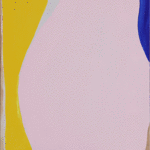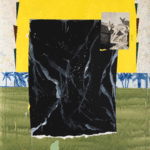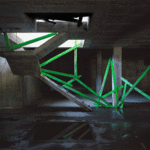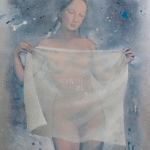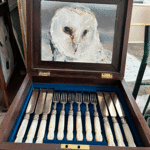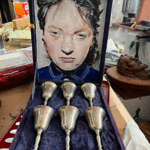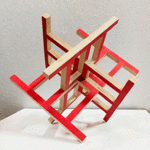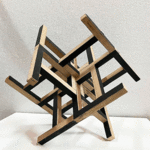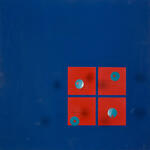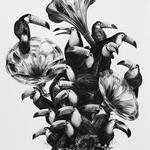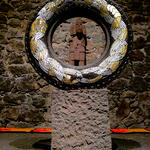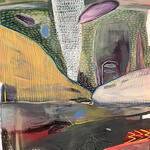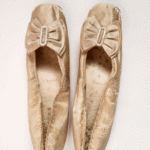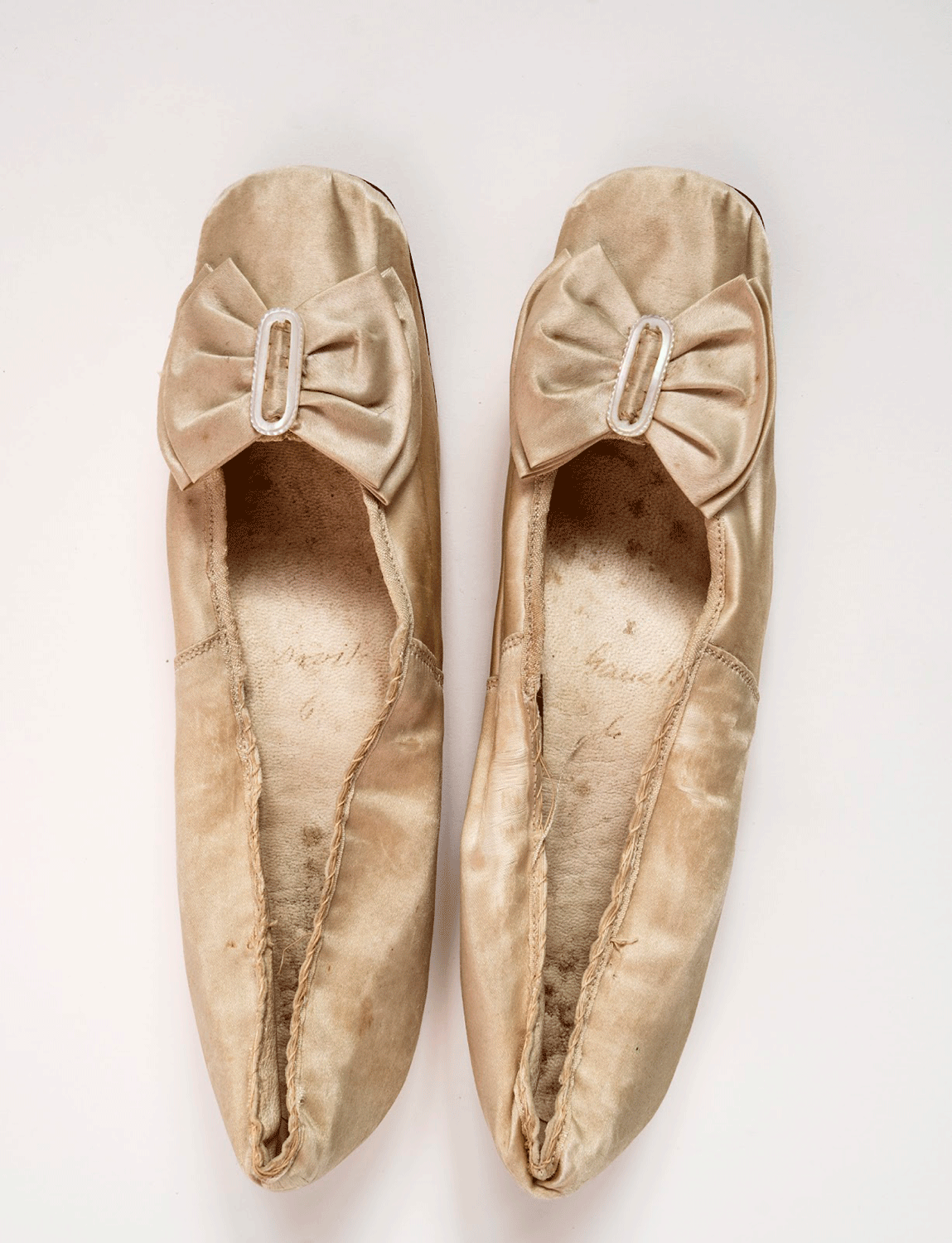
BEATRIZ RUIBAL
Bio
Beatriz Ruibal is a visual artist who works with photography, video, and installation, primarily focusing on the genre of portraiture in its broadest sense. Her academic background in audiovisual communication and philosophy is reflected in her deeply reflective artistic approach.
Ruibal's works explore the fragility of contemporary existence, absence, and their representation through spaces, nature, and objects. She is dedicated to preserving both individual and collective memory while exploring the connections between climate change and the conservation of endangered species. Through imagery and narratives, she addresses forgotten stories and species on the brink of extinction. Her immersive and sensory works invite profound reflection and awareness from the viewer.
Rather than revisiting the past, Ruibal immerses herself in its symbolic present. Her working methodology encompasses everything from historical research to the selection of characters, objects, or natural elements and the creation of symbolic images aimed at representing a new nature or meaning.
She has received numerous awards and recognitions for her artistic work, including the recent 38th BMW Painting Award in the Digital Art category in 2023 for her work "Botanical Night." She has represented Spain in international events such as the G20 Art Project, "Together We Art" in the Museum Bihar (Patna), and the National Museum New Delhi (India, 2023) with her work "Found Nowhere On The Map." Ruibal has also obtained an artistic residency at C3A, the Center for Contemporary Creation in Córdoba (Spain, 2023), and was a finalist in artistic interventions at the buildings of the European Council (Brussels, 2023).
Ruibal has received grants from the Ministry of Culture for the Promotion of Art and for Research, Creation, and Artistic Production in the field of Visual Arts (2022 and 2020), as well as the Audiovisual Creation Grant from the Community of Madrid in 2019 and the Artistic Residency Grant at the Royal Academy of Spain in Rome (2016/2017), among others. She has published 'MADRE,' a finalist for Best Photography Book of the Year at PHotoEspaña 2015, The Photobook Exhibition Athens PhotoFestival 2015; The Project Library, Photoireland 2015.
Her work has been recently featured in exhibitions such as "Centre Pompidou- Hors Pistes" (Malaga, Spain), "Roma Siempre Roma, Infinitas Formas" (Naves de Gamazo, Santander, Spain), "Caída Libre" at the Pantheon of Illustrious Men_ National Heritage, PhotoEspaña 2022, and "Tomar la Casa" at RAER 2022 (Rome, Italy).
Currently, her work can be seen at the Museum of Fine Arts in Valencia in the exhibition "La Huella de Roma" and at the Círculo de Bellas Artes in Madrid in "El tiempo Compartido." She has also participated as a guest artist in the XIII #EAN13 Cidade da Cultura (Santiago de Compostela, Spain) and exhibited her work in various Spanish art centers and international venues, including museums and festivals. Her work is part of several collections, including BMW IBÉRICA Collection, Ministry of Ecological Transition (Spain), CA2M Collection (Community of Madrid), Bihar Museum Permanent Collection (Patna, India), Royal Academy of Spain Collection (Rome, Italy), CSIC- Higher Council for Scientific Research (Spain), RAC Rosón Contemporary Art Foundation (Spain), and various private collections.
Beatriz Ruibal lives and works in Madrid.
Statement
The "Inventory" series invites visitors to delve into an intimate and evocative universe through the photographic inventory of everyday objects that belonged to significant personalities in universal literature, creative arts, and the history of Spain, such as Antonio Gamoneda, Dulce María Loynaz, Juan Ramón Jiménez, Zenobia Camprubí, María Zambrano, Antonio Machado, Ernest Hemingway, Ida Vitale, Lezama Lima, Alejo Carpentier, among others. These carefully selected objects act as silent witnesses to past and present lives, allowing us to explore the complexities of identity and memory.
In this almost archaeological endeavor, we immerse ourselves in objects that were inhabited by great literary and historical figures. Through an almost taxonomic methodology, Ruibal has shaped a visual inventory that reveals the essence of those who possessed them and transports us to significant historical moments, such as war and exile. Through this act of memory retrieval, the series confronts us with our own history and invites us to reflect on the legacies left by these personalities and how they influence our present society.
The photographs in this project constitute a form of symbolic portraiture in which objects become mediators between the past and the present. By focusing on the smallest details and decontextualizing the objects, we aim to prompt viewers to question their meaning and immerse themselves in their auratic content.
Each image becomes a fragment of a latent melody, conveying the presence and influence of those who used them or lived alongside them. Through these objects, we explore various themes that go beyond mere representation of literary authors and creators. We delve into themes of memory, time, identity, gender, among others, reflecting on who we are and how we relate to the world around us. The objects become bearers of stories and confront us with social, environmental, philosophical, political, and universal questions, also evoking an emotional and affective connection.
